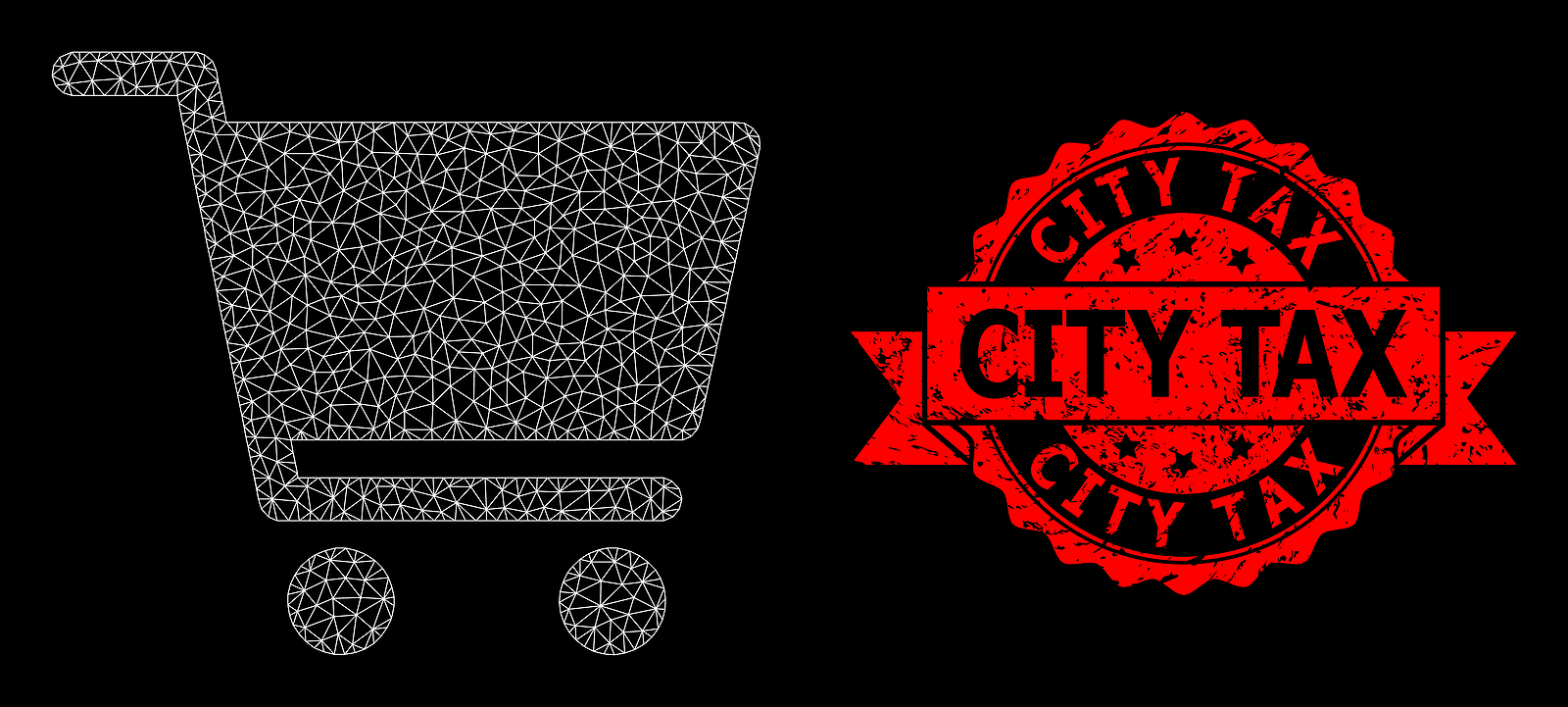Calgary’s tax shift shafts renters with property tax burden
As property tax bills hit mailboxes across Calgary last week, homeowners and landlords got an unpleasant surprise. In what the City calls a “tax shift”, residential properties saw a spike in their property tax bills as the City rebalances the business and residential share of the burden.
Close to a thousand properties housing tens of thousands of Calgarians are being walloped by double digit tax increases. Multi-residential properties downtown and in the Beltline are seeing tax hikes as high as 40% or more. In what realm is this acceptable, especially given the economic downturn and public health emergency?
Residential landlords and property managers have been working diligently to provide solutions to tenants impacted by COVID-19. Many have offered flexible payment arrangements and have invested in increased cleaning protocols in rental buildings. Yet Council seems to be oblivious to the current reality, layering on steep hikes at the worst possible time.
Multi-residential properties, including apartment buildings with below market affordable housing, will see an average combined assessment and mill rate increases of 23%. Access to the most affordable housing will be impacted.
Landlords are reconsidering future construction, deferring maintenance, postponing capital upgrades, and adjusting staffing. An unfair tax burden on rentals will inevitably mean rent increase for tenants down the line. Costs don’t magically disappear.
Property tax challenges due to unprecedented downtown office vacancies and difficult economic conditions have been well documented. When small businesses were in the exact same situation multi- residential landlords find themselves in today, the City designed a phased tax program capping tax hikes at 5% for several years.
Recently, the Mayor and a majority of City Councillors rejected a similar proposal that would have capped the tax increases on multi-residential buildings at 7.5%.
How did Mayor Nenshi react to solutions City administration prepared to solve this issue? He said, “there is no problem here to solve” and went on to suggest that since there is a temporary province wide freeze on rent increases and evictions, renters would be fine. The Mayor seems to have completely missed the point, these tax hikes are not a temporary problem. These hikes put Calgary at a competitive disadvantage, killing jobs in the short term and in the longer term jeopardizing the investment climate.
The provincial public health order freezing rent increases wasn’t put in place so that Calgary could ram massive tax hikes through with little recourse, it was designed to protect citizens who simply can’t absorb any additional financial hardship such as job loss due to COVID-19.
It was also disappointing to hear several Councillors suggest that landlords could not be trusted to pass along “savings”. A smaller tax hike is still a tax hike, and does not create anything that landlords would be able to pocket.
The Calgary Residential Rental Association has raised the issue with Councillors every step of the way over the past several months. We’ve been unfortunately met with smugness and indifference and urge you to contact your Councillor to share how this increase will affect you.
For the last five years Alberta has been in economic turmoil which has been exacerbated by the COVID- 19. Tens of thousands have lost jobs. Take-home wages are down. Many Calgarians that work in the private sector have felt the effects personally.
There is still time for Council to do the right thing and soften the blow to vulnerable Calgarians. If Council does not shift their focus, they may be the ones shafted at the ballot box.
Gerry Baxter is the Executive Director of the Calgary Residential Rental Association.




